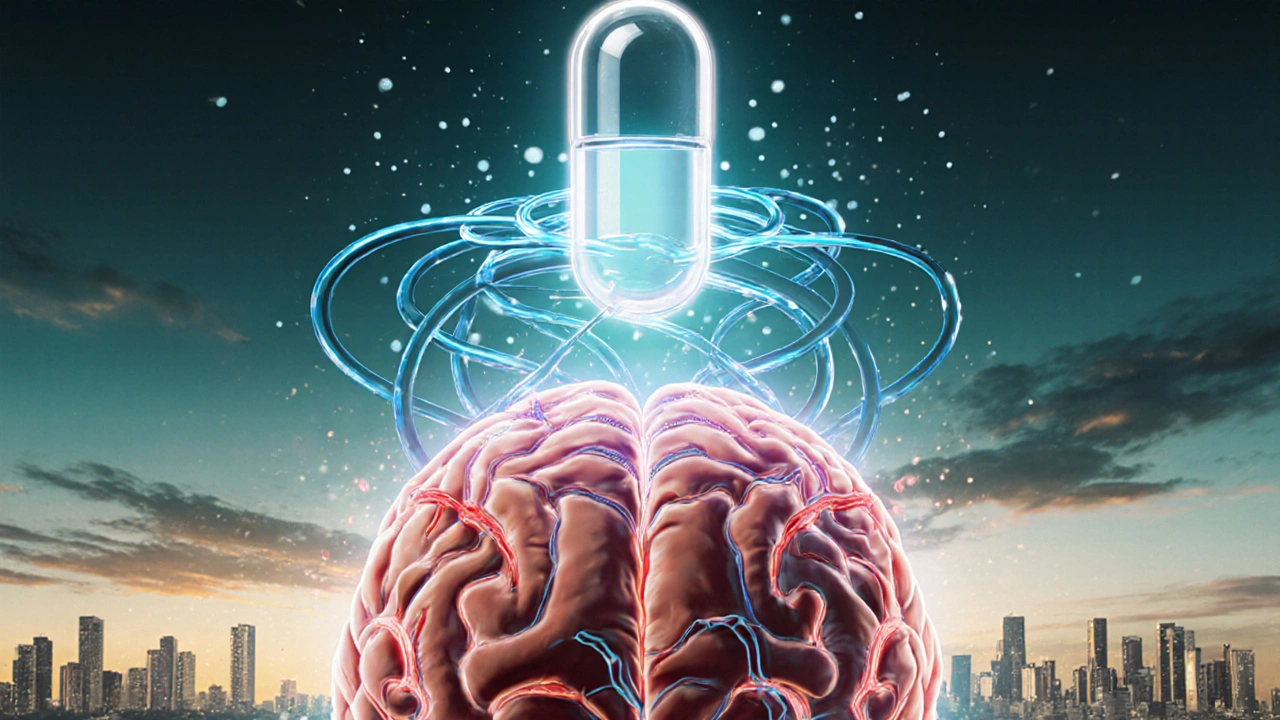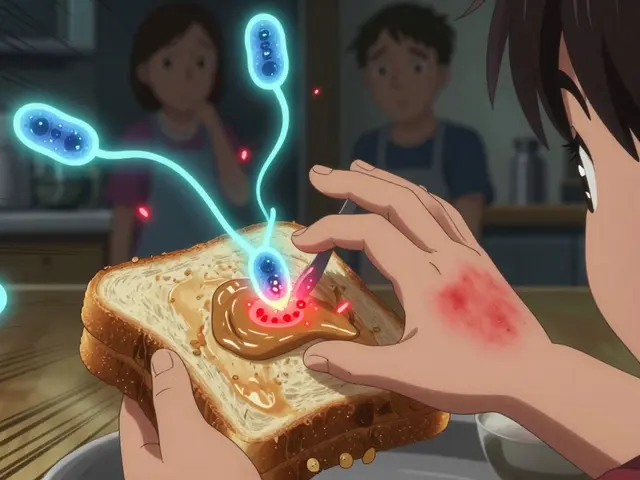High Blood Pressure: What It Is, How It Affects You, and What You Can Do
When your high blood pressure, a condition where the force of blood pushing against artery walls stays too high over time. Also known as hypertension, it often has no symptoms but quietly damages your heart, kidneys, and brain. About one in three adults in the U.S. has it, and many don’t even know. That’s why it’s called the silent killer—by the time you feel something, the damage might already be done.
Managing high blood pressure isn’t just about popping a pill. It’s about understanding what’s in that pill and how it works with your body. Drugs like lisinopril, an ACE inhibitor that relaxes blood vessels to lower pressure and hydrochlorothiazide, a diuretic that helps your body get rid of extra salt and water are common starting points. They’re often combined, like in Zestoretic, because they work better together. But they don’t work the same for everyone. Some people get dizzy, others lose too much potassium, and a few find their blood pressure won’t budge no matter what they try.
What you take matters, but so does what you avoid. Grapefruit juice can mess with how your body processes some blood pressure meds. Other drugs—like certain painkillers, decongestants, or even herbal supplements—can spike your numbers or cancel out your treatment. And it’s not just about the pills. Weight, salt intake, stress, and sleep all play a role. You can’t fix high blood pressure with medicine alone if your daily habits keep pushing it back up.
Some people turn to alternatives after side effects or poor results. Others switch because their doctor says their current combo isn’t doing enough. That’s where comparisons come in—like looking at Zestoretic vs. other combos, or seeing how budesonide or mometasone might interact if you’re also using them for asthma or allergies. Even something as simple as choosing the right time to take your pill can make a difference. Morning doses might help control daytime spikes better, while nighttime doses could reduce morning surges that raise heart attack risk.
You’ll find posts here that break down real drug choices, explain how they interact, and show what actually works for people—not just what’s on the label. Whether you’re just starting out, stuck with side effects, or trying to understand why your numbers won’t drop, the guides below give you straight answers without the jargon. No fluff. No guesswork. Just what you need to know to take control.

How Valsartan Helps Prevent Heart Attacks and Strokes
Valsartan is a proven medication that lowers blood pressure and significantly reduces the risk of heart attacks and strokes. Learn how it works, who benefits most, and what to watch for when taking it.
Continue Reading



